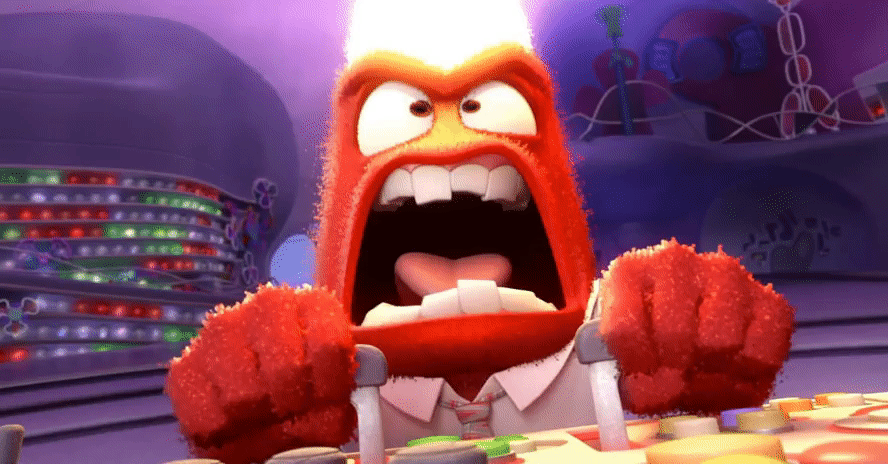
I have many passions in my life, but it just so happens my career is centered around two of my largest -- education and mathematics. I have taught high school aged students for the past decade, and have taught almost every topic from basic Algebra to advanced College Calculus.
So much of what I focus on inside the classroom is my content. I try to create innovative lessons and unique approaches to mathematics that really help my students get it.
It's not about content though. It's about the BRAIN!
It took me almost two full years in the classroom before I realized this. It's also one of the reasons I believe the status of education in the United States is so poorly regarded. We have started assuming being a great teacher means you are just super awesome at your content. Turns out, that is one part of the picture, but not the largest by a mile.
When your awesome lesson turns terrible.
I remember it like it was yesterday. My second year of teaching brought fresh ideas and a new confident attitude. I had a fresh lesson prepared for Geometry I had read about in a mathematics teacher publication. You have students investigate why the area of a circle is pi*r^2 by taking a circle, cutting it into "pizza slices," and piecing it together like a parallelogram.
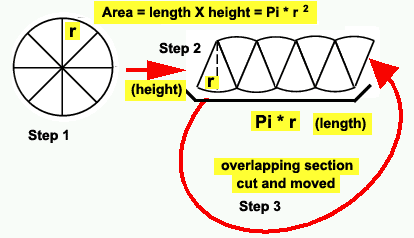
This has every characteristic of lesson I love. It works fine motor skills, challenges the understanding of something previously taught in a different way, and previews future content to come.
Just as I was getting into the best part of this lesson...
Student: *"THIS SUUUUUUUUUUUUUUUUUUUCKS!"
Me: "Well, that's an opinion, please can we get back to the activity"
Student: "You can't make me. This class sucks and math sucks. What are you gonna do about it anyways?"
At the time, I wanted to yell. I was so frustrated! So I rose my voice and was stern:
Me: "Go out in the hall until I get a chance to talk with you."
Student "No, make me!"
At this point, the lesson was out the window. All chances I had to get learning to take place for this student or any student in the class was gone. I had to call an administrator for backup, and the whole period was hijacked. And I was still furious. And so was the student.
I wasn't being rational. I was being limbic!
The limbic system is the part of our brain that handles three key functions: emotions, memories and stimulation. It is the part of your brain that will totally turn on if, say, you have a bear chasing you or you are thrown into a survival situation. It is the center for emotional thinking.
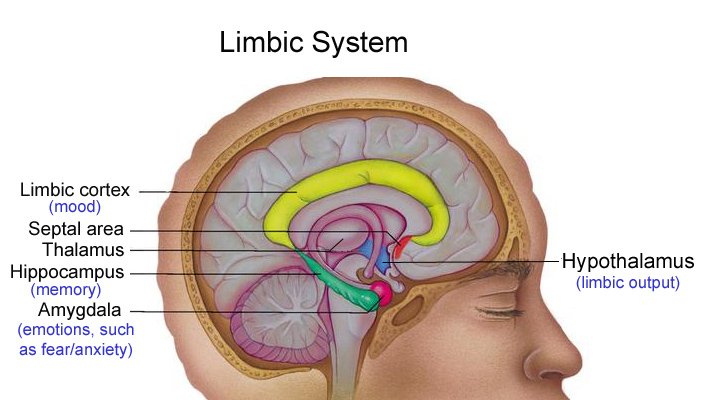
It is also LITERALLY the Anger emotion from the Disney movie Inside Out.
The Limbic system, composed of several small interconnected structures, is our brain's principal regulator of emotion and plays important roles in processing memory. This may explain why emotion is an important ingredient in many memories. The limbic system is powerful enough to override both rational thought and innate brain stem response patterns. In short, we tend to follow our feelings. (source)
When we are going limbic, our logical brain gets tossed to the side.
Just like Inside Out, when we are in a state of extreme emotion, we tend to follow those feelings even if they contradict what our logic might tell us to do. Anger takes control of your all of your emotions.
Just think to yourselves, how many times have you been in a situation where you have done something you regret because you were really upset or angry? I see it all the time in the classroom. Maybe you see it in your everyday lives. Whether it is arguing with a spouse or loved one. Maybe a family member. Maybe with a complete stranger. Going limbic can often change the course of a conversation, or in some extreme cases, someone's whole life.
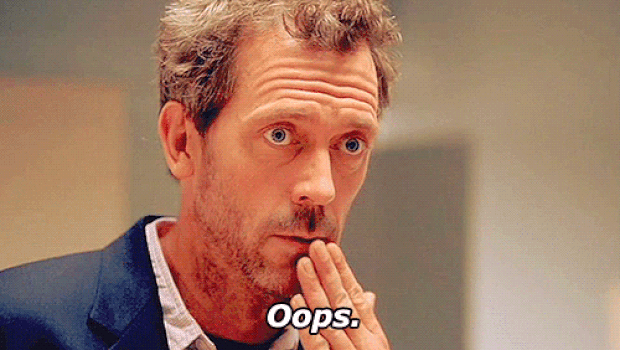
I personally should have seen this happening to me back then when I was teaching my circle lesson. I just didn't know any better. It took a lot of workshops, research, and experiences before I learned my lesson. The limbic system is there for a reason, and it is to protect us in a fight or flight situation. But, it can also cause us great harm if we aren't aware of what it is trying to do in certain situations.
What you can do when you are going limbic:
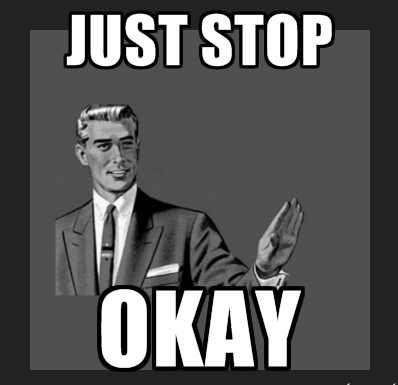
Seriously. Just stop everything you are doing and walk away. Most of the time this gives you enough time to cool down and reevaluate the entire situation. If you still have your feelings of anger, then try to channel the reasons why they are happening. Is there something you can say that will help the situation? Is there something you can change about yourself that will help the situation?
One of my favorite quotes about re-evaluating is:
"If you notice it smells like sh*t around you a lot, why don't you check your own shoes first before you look around at others?"
How I now handle conflict
If I ever have a situation where conflict might be happening with a student, I change all my approaches and pivot my lesson to something where groups or individuals can work quietly. I calmly approach the student and the first thing I do is ask them something about themselves.
"How are things going today, I noticed you were feeling a bit off. Is there something I can do to help?"
I ask nothing of the situation that just happened. Why? I'm getting them out of limbic as fast as I can! People love to talk about themselves, and usually I will hear something about why they are feeling angry. Inevitably, something has happened with a friend, a significant other, or a family member that carries over into the classroom. In some heartbreaking situations, it might be because of not knowing where to find the next meal or shelter above their head.
The bottom line is, there is ALWAYS some other reason behind the anger. You just have to be patient to understand why.
The next time you think you are going limbic, take a deep breath, take a step back and try to really understand your situation. Might just wind up saving you and others around you a lot of grief in the long run!

